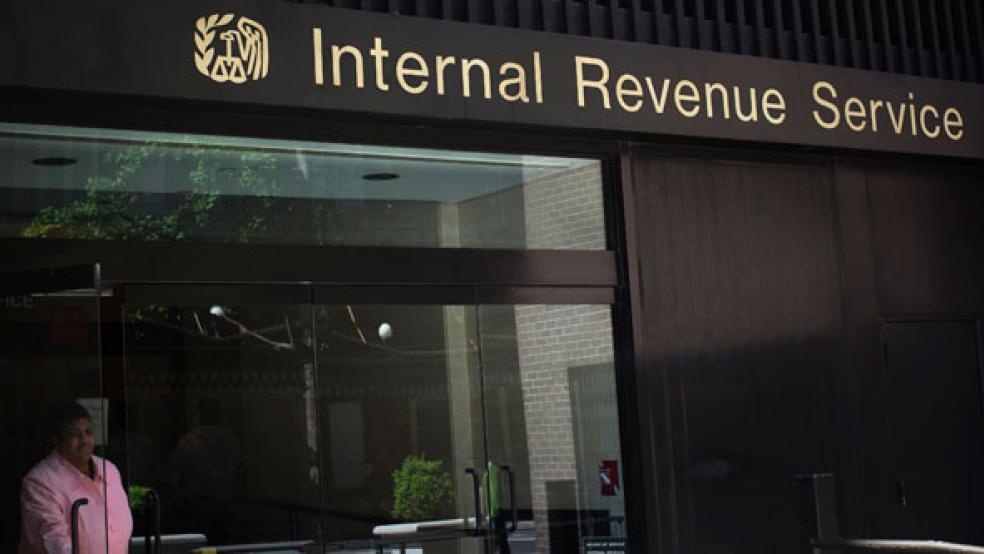The Internal Revenue Service is struggling to collect a new tax that’s critical to financing the president’s health care law – and auditors say the IRS’s flawed collecting process is allowing it to raise only three-quarters or so of the revenue that was originally expected.
A new report from the Treasury Inspector General for Tax Administration (TIGTA) flags the enforcement of the medical device excise tax, one of a handful of new taxes imposed under the Affordable Care Act.
Related: Obamacare’s Next Challenge: IRS Verification
The Affordable Care Act’s excise tax – equal to 2.3 percent of the sales price of medical devices – took effect in January and is estimated to bring in about $20 billion through 2019, the Joint Committee on Taxation has said.
Auditors say the IRS had originally estimated that the tax would bring in about $1.2 billion in the second and third quarters of 2013 – but it’s only received $913.4 million.
Under the law, producers and manufactures are required to file Form 720 that reports the medical device tax on their tax returns.
But when TIGTA went to review how the agency was processing the tax returns this year, it found the agency had no way to identify which medical device manufacturers were required to pay the tax. It also had no controls in place to “ensure the accuracy” of the tax revenue reported.
Related: Is the Embattled IRS the Next Obamacare Nightmare?
Because of that, the auditors concluded the number of forms filed and revenue reported from the tax were much lower than estimated.
The auditors recommended that the IRS improve its compliance strategy and include actions that the agency can take to better identify noncompliant manufacturers.
“While the IRS has taken steps to educate medical device manufacturers of the medical device excise tax during implementation, it faces challenges to definitively identify manufacturers subject to the medical device excise tax reporting and payment requirements,” said J. Russell George, Treasury Inspector General for Tax Administration.
This is just the latest TIGTA report to raise concerns about the IRS’s ability to enforce the more than 40 new ACA provisions.
Earlier this year, auditors released a report saying the IRS needed to develop a more effective plan to determine whether tax-exempt hospitals were in compliance with the law. “Until guidance is published, the public cannot be assured that the IRS has implemented controls to ensure compliance with ACA provisions designed to protect those served by tax-exempt hospitals,” the auditors said.
Agency officials such as IRS Commissioner John Koskinen have blamed the agency’s issues on a lack of funding.
“The IRS is basically the only major agency running on post-sequester level funding,” Koskinen said at a congressional hearing this spring. The agency’s budget was cut from $12 billion in 2013 to $11.2 billion for the fourth consecutive year in the omnibus $1.1 trillion spending bill.
Still, some lawmakers – especially House Republicans – have been skeptical about increasing the agency’s funding. They’re often quick to point to the expensive employee retreats and hefty employee bonuses doled out over the last few years.
“What I find unacceptable is that you can’t find the money to answer more than half the phone calls and yet you can find the money to pay $63 million in bonuses,” said Rep. Ander Crenshaw (R-FL) at a committee hearing this spring. “That might be a slap in the face to the taxpayers.”
Top Reads from The Fiscal Times:




